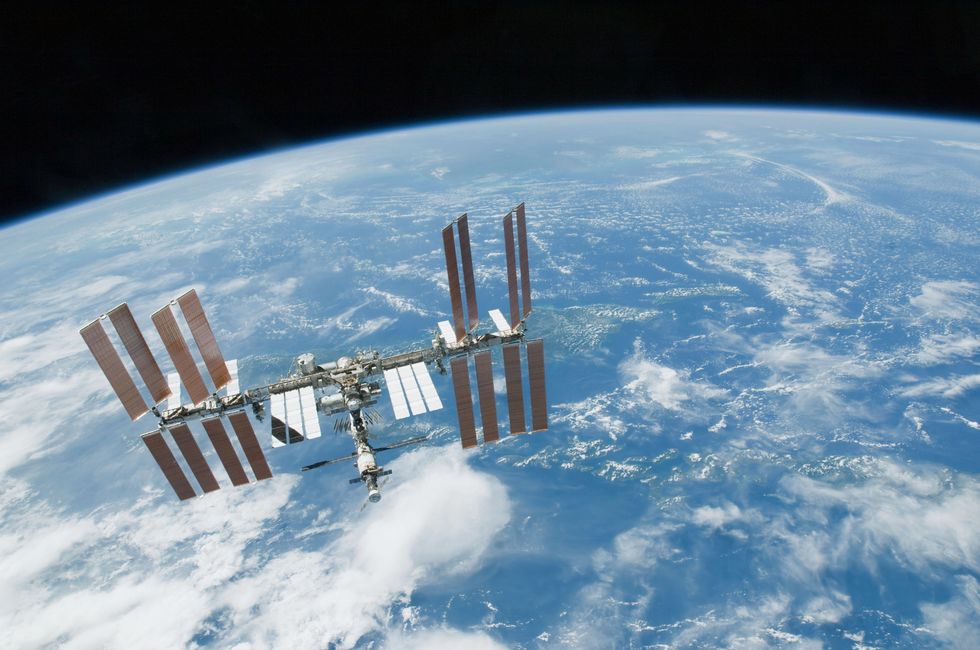Nasa left fearing 'catastrophic failure' after leak found on International Space Station
Nasa and Russia's own space agency are at odds over the severity of the leak
Don't Miss
Most Read
Nasa has elevated concerns about an air leak in the International Space Station's Russian section to its highest risk level, as the rate of air loss has doubled in recent months.
The leak, which has persisted for five years, is now releasing more than two pounds of air per day, up from one pound previously.
The situation has sparked serious disagreement between Nasa and Russian space officials over both the cause and severity of the problem.
The leak was discovered in the tunnel connecting a docking port to the Russian Zvezda module of the International Space Station.
Nasa officials report the cracks are "very small, not visible with the naked eye and have brackets and pipelines near them, making it difficult to get diagnostic tools into these areas."
The situation has become increasingly concerning since its initial discovery in 2019, with pressure and air continuing to escape through the compromised section.

Nasa officials report the cracks are "very small, not visible with the naked eye"
|GETTY
Former Nasa astronaut Bob Cabana, who now chairs the ISS Advisory Committee, highlighted the stark disagreement between the agencies last week.
"While the Russian team continues to search for and seal the leaks, it does not believe catastrophic disintegration of the PrK is realistic," he said.
"Nasa has expressed concerns about the structural integrity of the PrK and the possibility of a catastrophic failure.
"The Russians believe that continued operations are safe but they can't prove to our satisfaction that they are."
The two space agencies remain divided on the root cause of the leak, with Nasa attributing it to multiple factors including pressure, mechanical stress and environmental exposure.
Russian teams, however, maintain that high cyclic fatigue from micro vibrations is responsible for the issue.
Nasa's Office of Inspector General recently reported that "the US and Russian technical teams don't have a common understanding of what the likely root cause is or the severity of the consequences of these leaks".
The leak rate notably increased just before the February 14 launch of the Progress MS-26 cargo spacecraft.
Nasa and Roscosmos are actively monitoring the leak and have prepared contingency measures, including the possibility of permanently sealing the connecting hatch.
If the leak rate becomes dangerous, closing the hatch would allow normal ISS operations to continue, though with one fewer docking port for cargo spacecraft.
The hatch was recently closed after remaining open for five days while crew members offloaded cargo from a visiting spacecraft.
Roscosmos maintains confidence in their ability to monitor and close the Service Module hatch before the leak reaches "an untenable level."











